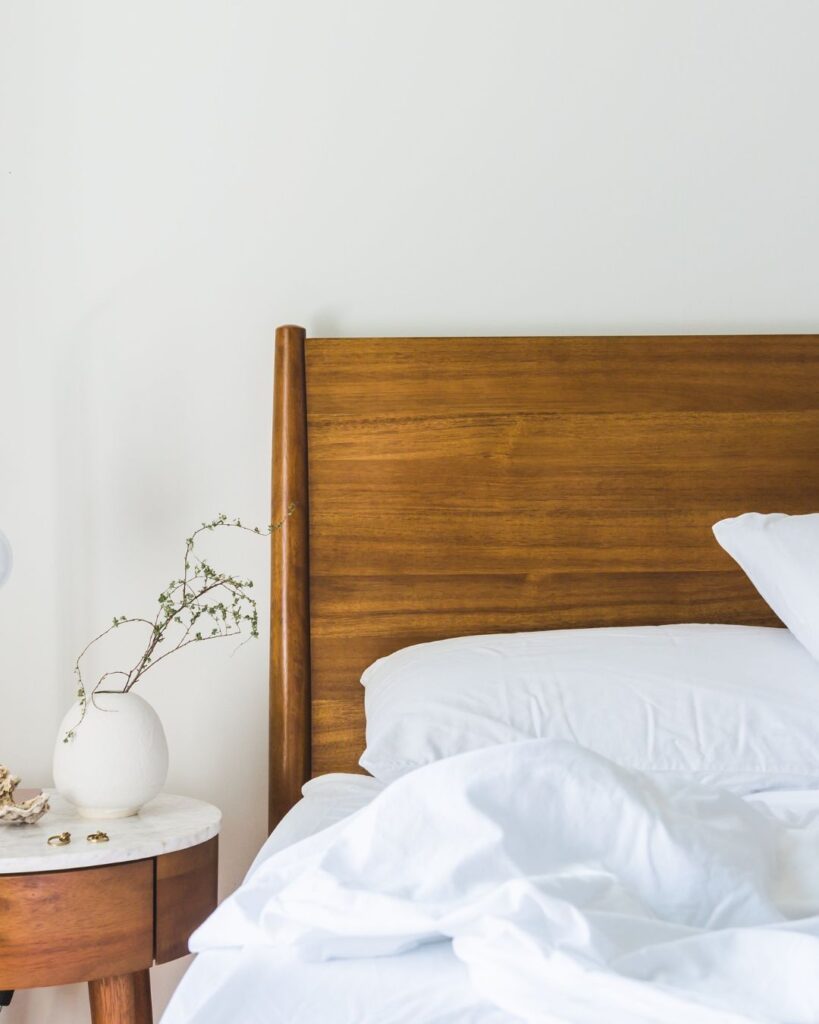
A Guide to Optimal Sleep Hygiene
Guides
SLEEP HYGIENE
Sleep Hygiene Tips for Better Rest
Getting quality sleep is essential for your physical and mental health. Use these evidence-based sleep hygiene habits to improve your sleep:
Create a Sleep-Friendly Environment
Cool, dark, and quiet: Keep your room between 60–67°F, use blackout curtains, and reduce noise.
Comfort counts: Invest in a good mattress and pillow.
Electronics-free zone: Avoid screens (TV, phone, tablet) in bed.
Stick to a Routine
Go to bed and wake up at the same time every day—even on weekends.
Wind down 30–60 minutes before bed with calming activities (reading, stretching, or meditation).
Get Natural Light
Morning light exposure helps regulate your internal clock.
Spend time outside each day or open the blinds when you wake up.
Watch What You Eat and Drink
Avoid caffeine after 2 PM.
Limit alcohol and heavy meals before bed.
Stay hydrated, but try to reduce fluids 1–2 hours before sleeping.
Train Your Brain
Use your bed for sleep and intimacy only—not work or TV.
If you can’t sleep after 20 minutes, get up and do something relaxing until you feel tired.
Move Your Body
Regular exercise can improve sleep—but avoid intense workouts 2–3 hours before bed.
Bonus Tips
Avoid naps longer than 20–30 minutes.
Track your sleep with a journal or app if you’re unsure what’s affecting your rest.
Still having trouble sleeping? Talk to your provider. You may benefit from additional support or a sleep evaluation.